Every person has a different attachment style, and if you have the anxious or avoidant style, then the good news is, you can change that with some effort.
We’re wired for attachment – why babies cry when separated from their mothers. Depending especially upon our mother’s behavior, as well as later experiences and other factors, we develop a style of attaching that affects our behavior in close relationships.
Fortunately, most people have a secure attachment, because it favors survival. It ensures that we’re safe and can help each other in a dangerous environment. The anxiety we feel when we don’t know the whereabouts of our child or of a missing loved one during a disaster, as in the movie “The Impossible,” isn’t codependent. It’s normal. Frantic calls and searching are considered “protest behavior,” like a baby fretting for its mother.
Attachment Styles
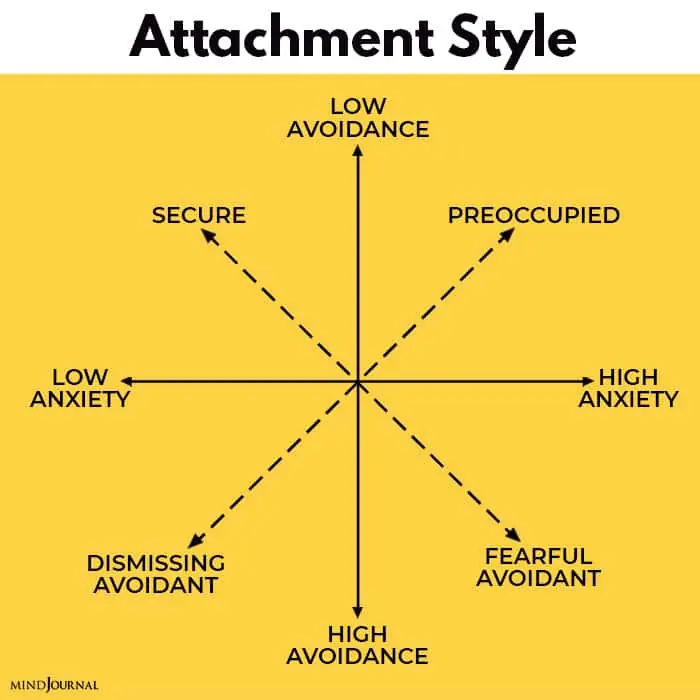
We seek or avoid intimacy along a continuum, but one of the following three styles is generally predominant whether we’re dating or in a long term marriage:
Secure – 50 percent of the population
Anxious – 20 percent of the population
Avoidant – 25 percent of the population
Combinations, such as Secure-Anxious or Anxious-Avoidant are 3-5 percent of the population. To determine your style, take this quiz designed by researcher R. Chris Fraley, Ph.D.

1) Secure Attachment.
Warmth and love come naturally, and you’re able to be intimate without worrying about the relationship or little misunderstandings. You accept your partner’s minor shortcomings and treat him or her with love and respect. You don’t play games or manipulate, but are direct and able to openly and assertively share your wins and losses, needs, and feelings.
You’re also responsive to those of your partner and try to meet your partner’s needs. Because you have good self-esteem, you don’t take things personally and aren’t reactive to criticism. Thus, you don’t become defensive in conflicts. Instead, you de-escalate them by problem-solving, forgiving, and apologizing.
Read 14 Personality Traits Necessary To Have A Secure Attachment Style
2) Anxious Attachment.
You want to be close and are able to be intimate. To maintain a positive connection, you give up your needs to please and accommodate your partner. But because you don’t get your needs met, you become unhappy. You’re preoccupied with the relationship and highly attuned to your partner, worrying that he or she wants less closeness.
You often take things personally with a negative twist and project negative outcomes. This could be explained by brain differences that have been detected among people with anxious attachments.
To alleviate your anxiety, you may play games or manipulate your partner to get attention and reassurance by withdrawing, acting out emotionally, not returning calls, provoking jealousy, or threatening to leave. You may also become jealous of his or her attention to others and call or text frequently, even when asked not to.
3) Avoidant Attachment.
If you avoid closeness, your independence and self-sufficiency are more important to you than intimacy. You can enjoy closeness – to a limit. In relationships, you act self-sufficient and self-reliant and aren’t comfortable sharing feelings. (For example, in one study of partners saying goodbye in an airport, avoiders didn’t display much contact, anxiety, or sadness in contrast to others.)
You protect your freedom and delay commitment. Once committed, you create mental distance with ongoing dissatisfaction about your relationship, focusing on your partner’s minor flaws or reminiscing about your single days or another idealized relationship.
Just as the anxiously attached person is hypervigilant for signs of distance, you’re hypervigilant about your partner’s attempts to control you or limit your autonomy and freedom in any way. You engage in distancing behaviors, such as flirting, making unilateral decisions, ignoring your partner, or dismissing his or her feelings and needs.
Your partner may complain that you don’t seem to need him or her or that you’re not open enough, because you keep secrets or don’t share feelings. In fact, he or she often appears needy to you, but this makes you feel strong and self-sufficient by comparison. You don’t worry about a relationship ending. But if the relationship is threatened, you pretend to yourself that you don’t have attachment needs and bury your feelings of distress.
It’s not that the needs don’t exist, they’re repressed. Alternatively, you may become anxious because of the possibility of closeness no longer threatens you.
Relationships
Even people who feel independent when on their own are often surprised that they become dependent once they’re romantically involved. This is because intimate relationships unconsciously stimulate your attachment style and either trust or fear from your past experiences. It’s normal to become dependent on your partner to a healthy degree. When your needs are met, you feel secure.
You can assess your partner’s style by their behavior and by their reaction to a direct request for more closeness. Does he or she try to meet your needs or become defensive and uncomfortable or accommodate you once and return to distancing behavior?
Someone who is secure won’t play games, communicates well, and can compromise. A person with an anxious attachment style would welcome more closeness, but still need assurance and worry about the relationship.
Read 3 Secrets To Achieving Love Without Attachment
Anxious and avoidant attachment styles look like codependency in relationships. They characterize the feelings and behavior of pursuers and distances described in my blog, The Dance of Intimacy, and book, Conquering Shame and Codependency. Each one is unconscious of their needs, which are expressed by the other. This is one reason for their mutual attraction.
Pursuers with an anxious style are usually disinterested in someone available with a secure style. They usually attract someone who is avoidant. The anxiety of an insecure attachment is enlivening and familiar though it’s uncomfortable and makes them more anxious. It validates their abandonment fears about relationships and beliefs about not being enough, lovable, or securely loved.
Distancers need someone pursuing them to sustain their emotional needs that they largely disown and which wouldn’t be met by another avoider. Unlike those securely attached, pursuers and distances aren’t skilled at resolving disagreements. They tend to become defensive and attack or withdraw, escalating conflict. Without the chase, conflict, or compulsive behavior, both pursuers and distances begin to feel depressed and empty due to their painful early attachments.

Changing Styles
Although most people don’t change their attachment style, you can alter yours to be more or less secure depending upon experiences and conscious effort. To change your style to be more secure, seek therapy as well as relationships with others who are capable of a secure attachment.
If you have an anxious attachment style, you will feel more stable in a committed relationship with someone who has a secure attachment style. This helps you become more secure. Changing your attachment style and healing from codependency go hand-in-hand.
Both involve the following:
- Heal your shame and raise your self-esteem. (See my books on shame and self-esteem.)This enables you to not take things personally.
- Learn to be assertive. See How to Speak Your Mind: Become Assertive and Set Limits.
- Learn to identify, honor, and assertively express your emotional needs.
- Risk being authentic and direct. Don’t play games or try to manipulate your partner’s interest.
- Practice acceptance of yourself and others to become less faultfinding – a tall order for codependents and distancers.
- Stop reacting. This can be a challenge because our nervous system is used to reacting automatically. It often entails being able to identify your triggers, unhook the causes of them, and learning to self-soothe – all of which is hard to do on your own. Listen to some Youtube exercises and read 10 tips on self-nurturing.
- Learn to resolve conflict and compromise from a “we” perspective.
Pursuers need to become more responsible for themselves and distancers more responsible to their partners. The result is a more secure interdependent relationship, rather than a codependent relationship or solitude with a false sense of self-sufficiency.
Read 9 Things You Can Do To Keep Your Relationship Alive And Exciting
Among singles, statistically, there are more avoiders, since people with a secure attachment are more likely to be in a relationship. Unlike avoiders, they’re not searching for an ideal, so when a relationship ends, they aren’t single too long. This increases the probability that daters who anxiously attach will date avoiders, reinforcing their negative spin on relationship outcomes.
Moreover, anxious types tend to bond quickly and don’t take the time to assess whether their partner can or wants to meet their needs. They tend to see things they share in common with each new, idealized partner and overlook potential problems. In trying to make the relationship work, they suppress their needs, sending the wrong signals to their partner in the long run.
All of this behavior makes attaching to an avoider more probable. When he or she withdraws, their anxiety is aroused, pursuers confuse their longing and anxiety for love rather than realizing it’s their partner’s unavailability that is the problem, not themselves or anything they did or could do in the future to change that. They hang in and try harder, instead of facing the truth and cutting their losses.
Particularly after leaving an unhappy codependent relationship, people fear that being dependent on someone will make them more dependent. That may be true in codependent relationships when there isn’t a secure attachment. However, in a secure relationship, healthy dependency allows you to be more interdependent. You have a safe and secure base from which to explore the world. This is also what gives toddlers the courage to individuate, express their true selves, and become more autonomous.
Similarly, people in therapy often fear becoming dependent upon their therapist and leave when they begin to feel a little better. This is when their dependency fears arise and should be addressed – the same fears that keep them from having secure attachments in relationships and propels them to seek someone avoidant. In fact, good therapy provides a secure attachment to allow people to grow and become more autonomous, not less.
Herein lays the paradox: We can be more independent when we’re dependent on someone else – provided it’s a secure attachment. This is another reason why it’s hard to change on your own or in an insecure relationship without outside support.
Suggested reading on attachment:
The many books by John Bowlby
Mikulincer and Shaver, Attachment Adulthood Structure, Dynamics, and Change (2007)
Levine and Heller, Attached (2010)
©Darlene Lancer 2014
Written by Darlene Lancer JD, MFT Originally appeared on WhatIsCodependency.com
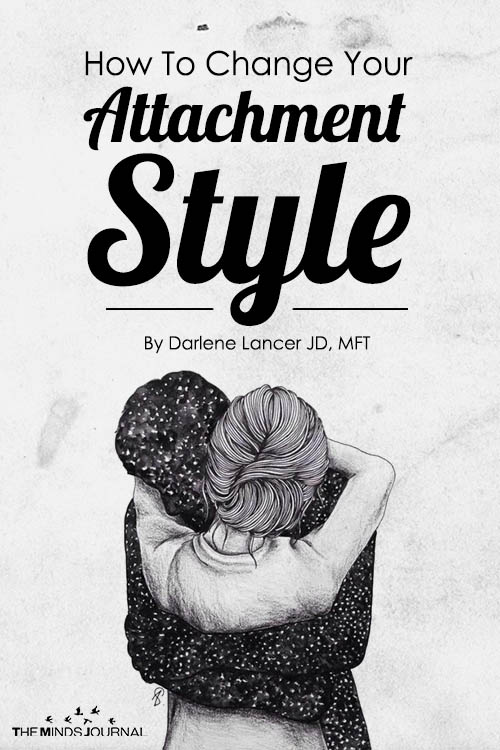
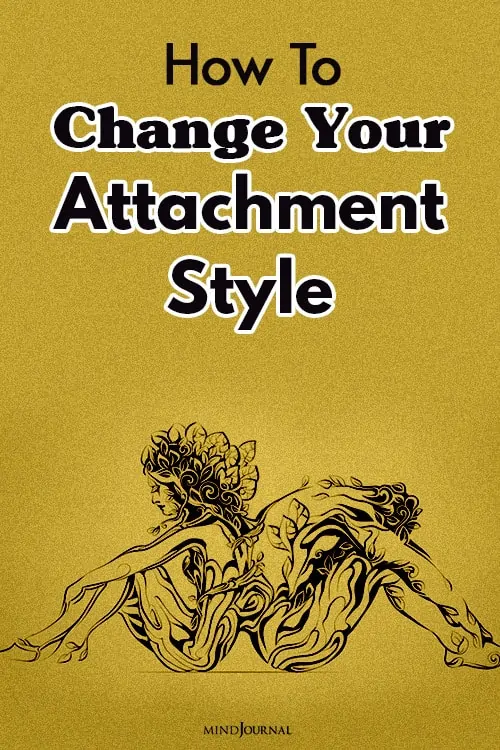
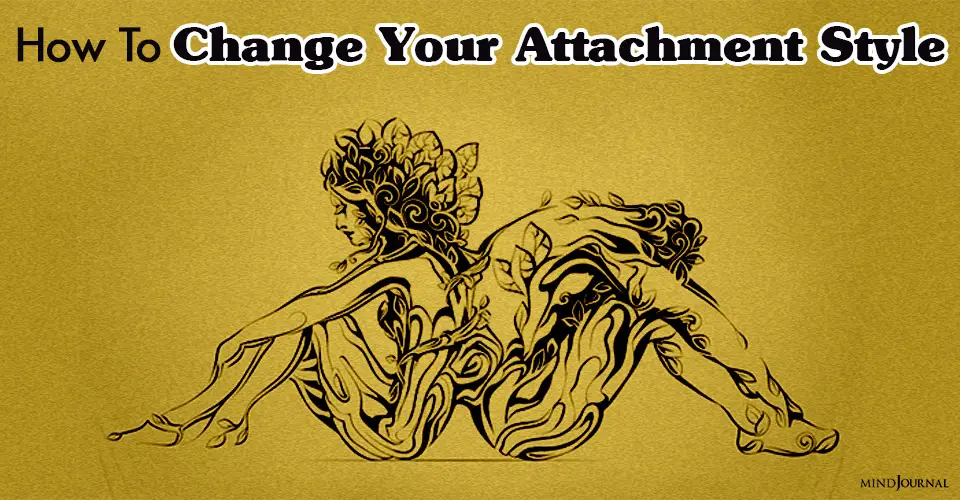


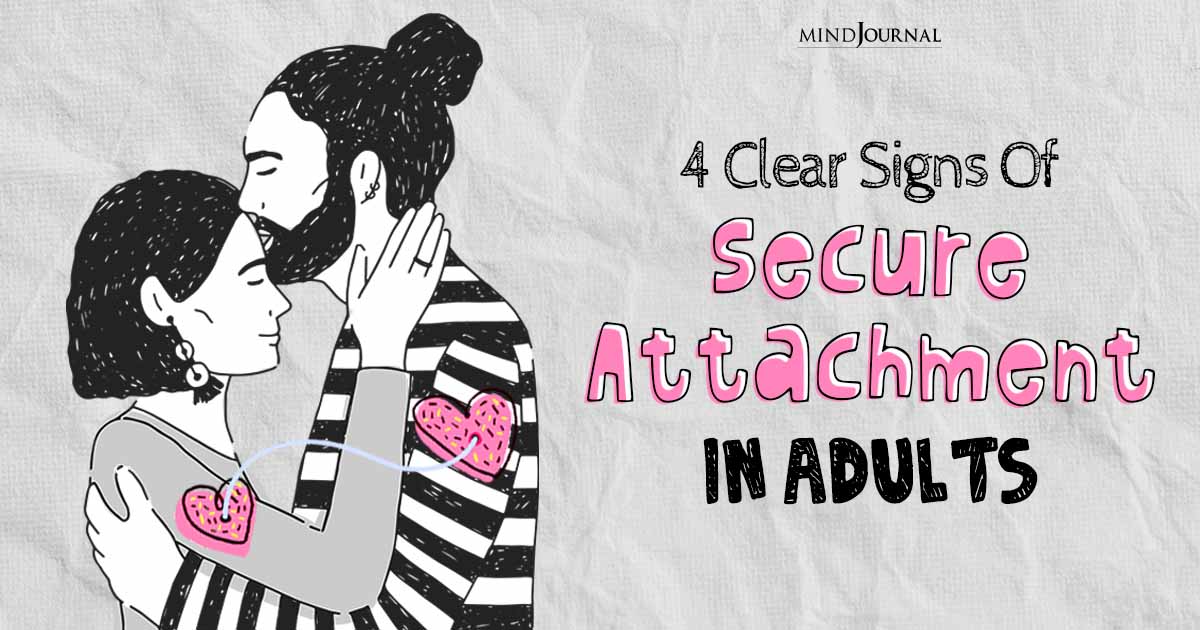

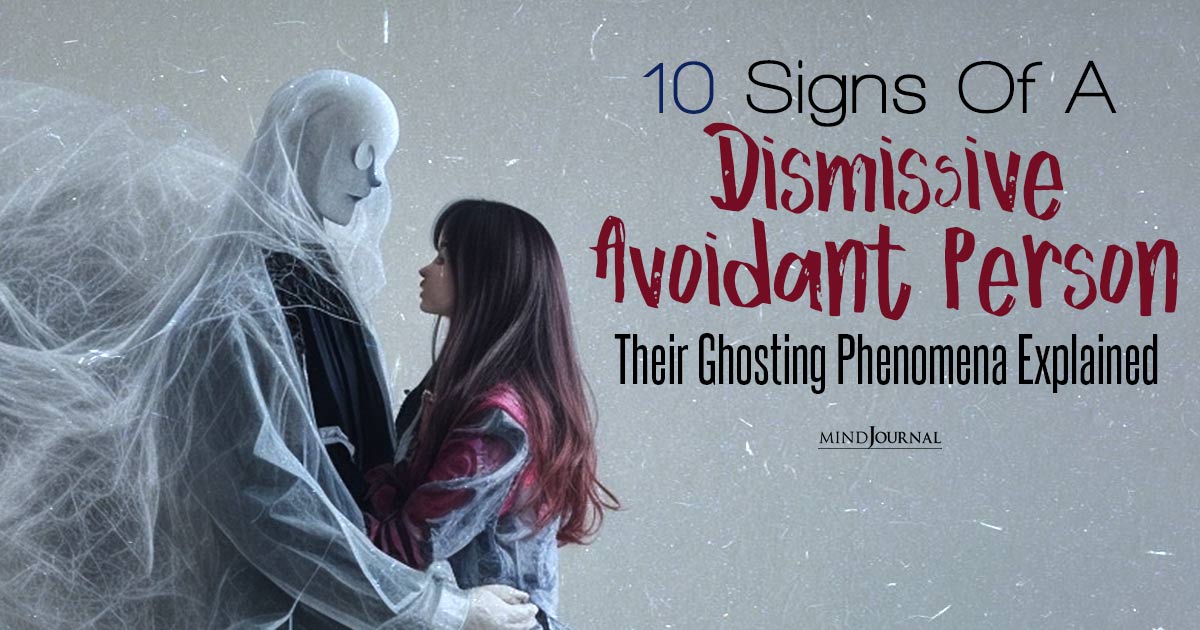

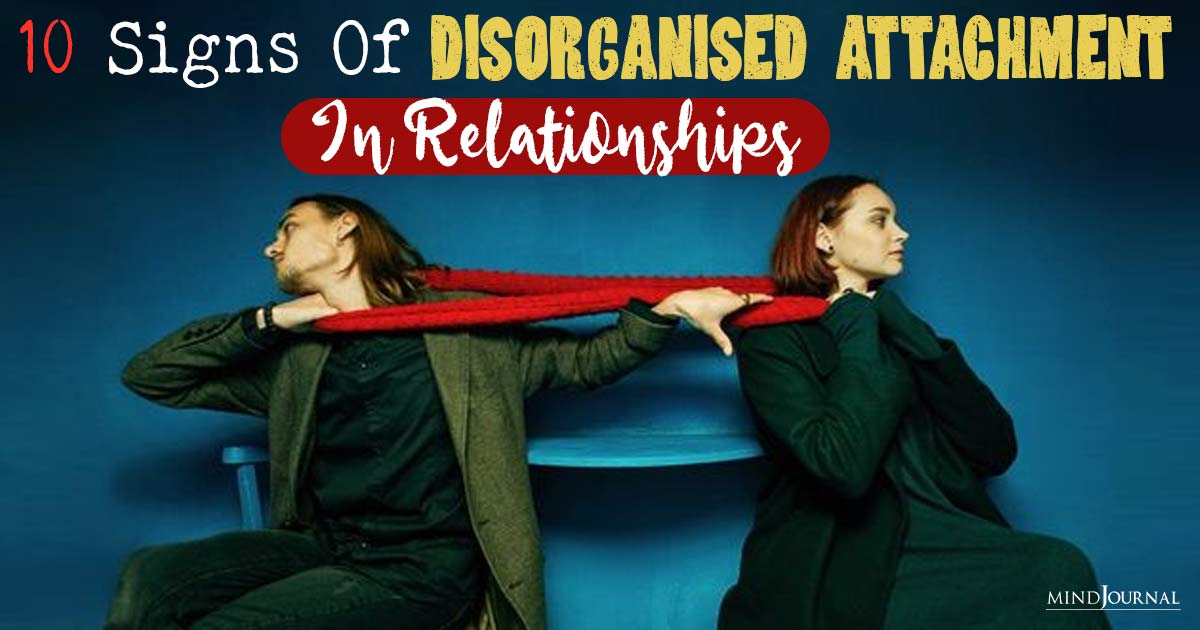
Response
The text in the graphic is not readable because it’s so small.